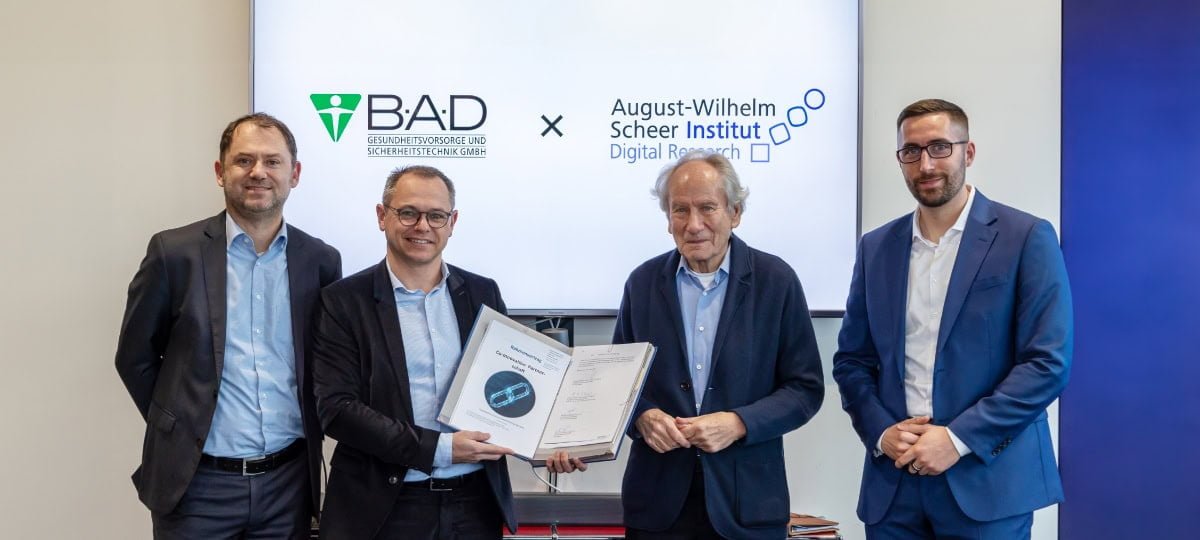How SAP's Gardener accelerates digitization


Many companies have already started to convert their applications and services to cloud-native technologies. Or have already made specific plans to do so in their adopted digitization strategies in the coming years. The implementation is often based on the open source system Kubernetes. This has established itself as the de facto standard for automating the provision, management and scaling of container-based applications and microservices. More than three quarters of all companies were already using cloud computing in 2019.
With a clear tendency to use a hybrid and/or multi-cloud strategy, i.e. deploying the same application on a mix of private and public clouds often across different cloud service providers, as opposed to a pure private cloud strategy. This strategy increases redundancy as well as reduces the likelihood of outages and enables better allocation of resources at full capacity.
This makes it possible to use special services from specific public cloud providers. According to the Cloud Monitor 2020, a study conducted by Bitkom Research on behalf of KPMG in mid-2020, one in three companies is already using a multi-cloud infrastructure. This is also reflected by the recent sharp rise in customer inquiries on this topic at 23 Technologies, a company specializing in cloud-native technology. However, multi-cloud environments are incredibly difficult to configure, maintain and monitor.
SAP from Walldorf was already faced with the "multi-cloud" challenge at the beginning of 2017. Kubernetes was to be deployed across public clouds on a large scale with low total cost of ownership (TCO), complete automation in all areas, 24/7 availability and high quality for all SAP internal teams.
After an intensive review of the options on the market at the time, including exploring possible acquisitions, the decision was made to develop their own solution under the guiding principle "Universal Kubernetes at scale". The Gardener project was born and has been available since January 2018 as open source software under the Apache License 2.0 on GitHub.
Gardener is an open source, Kubernetes-native extension that sits on top of the orchestrator's aggregation layer. Open source and SAP in the same sentence? That almost seems like a paradox; after all, 77 percent of all revenue in the global economy flows through a proprietary ERP system from SAP.
While the idea of an open source SAP platform may not have caught on everywhere yet, the company has been going with open source solutions for quite some time and has done very well with them so far. Gardener is essentially a Kubernetes-native server for extension APIs connected to a package of custom controllers.
With Gardener, the management of homogeneous Kubernetes clusters on public clouds such as AWS, Azure, Google or Open Telekom Cloud is possible today. Private cloud solutions such as OpenStack or VMware are also fully supported. Day 1 as well as Day 2 operations are an integral part of Gardener and enable cluster monitoring, updating, auto-scaling, hibernation and much more. With SAP's active participation in Gaia-X as well as the Catena-X Automotive Network, Gardener has the potential to establish itself as an open, coherent and extensible standard for its intended use.
This is also reflected in a very well-developed ecosystem of commercial providers, such as the Stuttgart-based provider 23 Technologies, which specializes in Gardener. Their products 23KE and 23REP, based on the open source projects Gardener and Kyma, enable the use of cloud-native technology for industrial applications.




